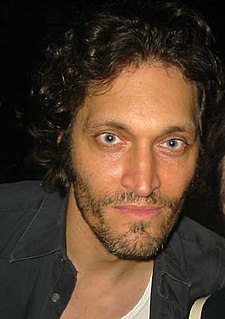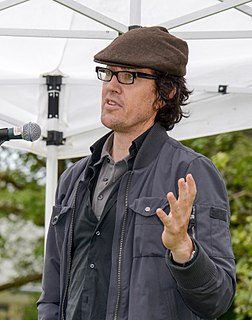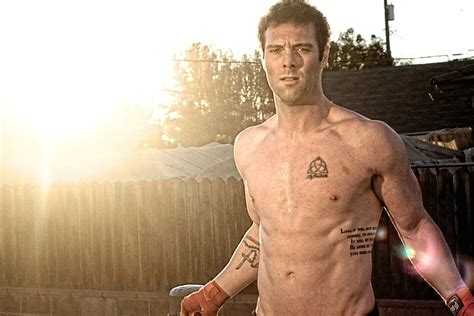A Quote by Ambrose Bierce
SERIAL, n. A literary work, usually a story that is not true, creeping through several issues of a newspaper or magazine.
Related Quotes
During the Second War, the U.S.O. sent special issues of the principal American magazines to the Armed Forces, with the ads omitted. The men insisted on having the ads back again. Naturally. The ads are by far the best part of any magazine or newspaper. More pains and thought, more wit and art go into the making of an ad than into any prose feature of press or magazine. Ads are news. What is wrong with them is that they are always good news.
I was first published in the newspaper put out by School of The Art Institute of Chicago, where I was a student. I wince to read that story nowadays, but I published it with an odd photo I'd found in a junk shop, and at least I still like the picture. I had a few things in the school paper, and then I got published in a small literary magazine. I hoped I would one day get published in The New Yorker, but I never allowed myself to actually believe it. Getting published is one of those things that feels just as good as you'd hoped it would.
Recently there's been a trend to apply the term "bullying" to any kind of conflict at work, for example overwork and long hours. Although some bullying behaviours may be present in these issues, in my view this dilutes and devalues the term "workplace bullying" which should be used only for the more serious cases of conflict involving a serial bully. If there isn't a serial bully involved, it's probably not bullying you're dealing with.
I got married three days after graduation, and the first thing I did what I was expected to do which was to work on a small newspaper. So we were in Chicago where my husband worked for the Chicago Sun-Times and we were having dinner with his editor and he said 'So what are you 'gonna do honey?' and I said 'I'm going to work on a newspaper', and he said 'I don't think so", because Newspaper Guild regulations said that I couldn't work on the same newspaper as my husband.
































